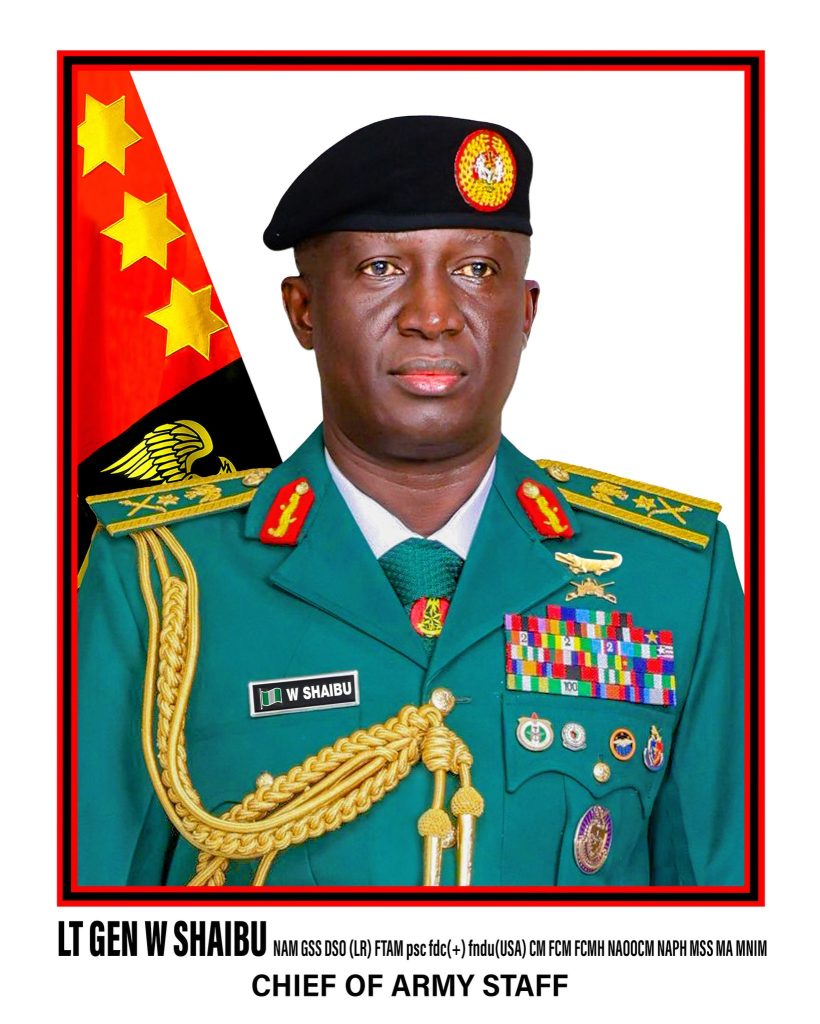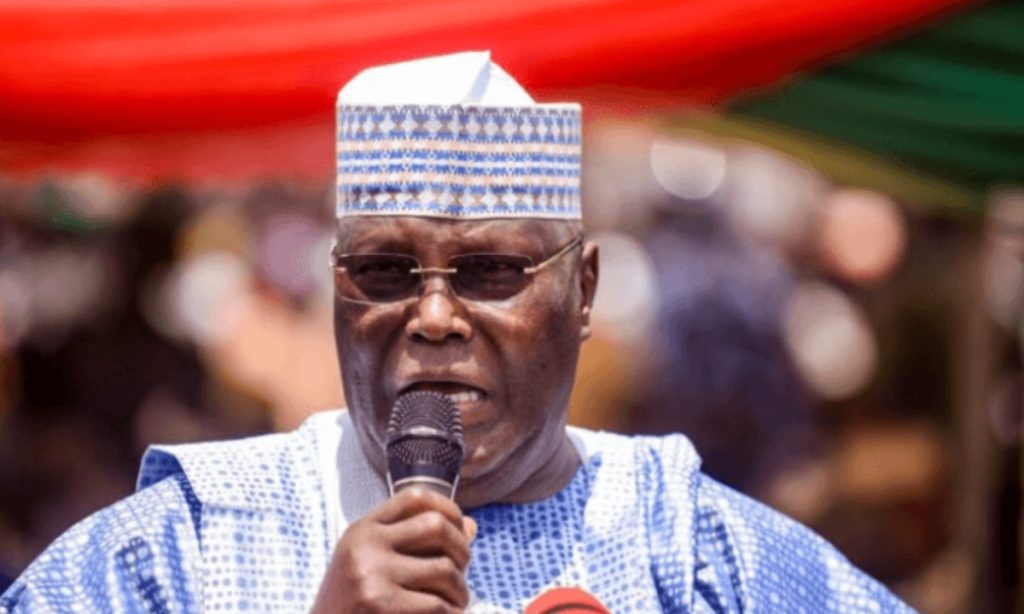Boko Haram Fighters to Face Transitional Justice in Nigeria
In a significant development, the Borno State government in Nigeria has announced that 6,900 Boko Haram fighters among the over 200,000 surrendered terrorists in their custody will undergo transitional justice. This comes as a major step towards addressing the severe atrocities committed by the terrorist group and ending recurring cycles of violent conflict.
According to Hajiya Zuwaira Gambo, the Borno State Commissioner of Women Affairs and Social Development, the surrendered terrorists include innocent men and women who were used as slaves to farm for the terrorists. “Let me clarify, we have about 6,900 genuine Boko Haram fighters in our custody, and they will face transitional justice because they have committed crimes. We are working on that; they are real fighters,” she declared.
Transitional justice is a peace-building mechanism that seeks to address severe atrocities and end recurring cycles of violent conflict through a range of responses, including restitution, reconciliation, prosecution, and amnesty. The process aims to help individuals reintegrate into society and contribute to peacebuilding and development.
The announcement was made during the conclusion of a best practice dissemination and learning programme organised by the Allamin Foundation for Peace and Development in Maiduguri, the Borno State capital. The programme aimed to share knowledge and experiences on deradicalisation and reintegration of former Boko Haram members.
Hamsatu Allamin, the Executive Director of the Allamin Foundation for Peace and Development, revealed that over 800 deradicalised women sensitised under the ‘Building Bridges of Reconciliation: A Community-Based Approach to Deradicalisation of Women and Girls in Borno State’ programme are now contributing to society. “They are prepared to embrace a new life free from violence and become responsible members of society, contributing to peacebuilding and the overall development of their communities,” she added.
The surrendered individuals have expressed remorse for their involvement with Boko Haram, citing lack of knowledge and the ease with which insurgents brainwashed them into captivity. Allamin suggested that the government use religion to correct the troubling narrative and tell the truth to those who were brainwashed.
The development is seen as a significant step towards rebuilding and reconciliation in the region, which has been ravaged by the Boko Haram insurgency.



